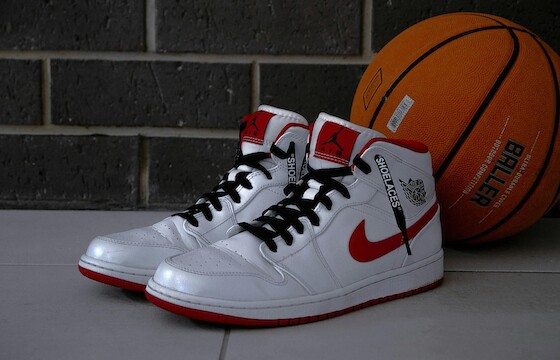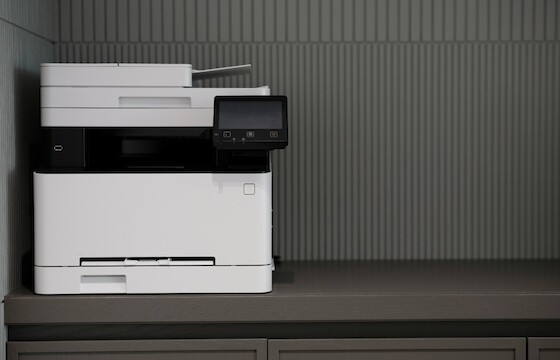According to a recently published press release, the Romanian Competition Council (‘RCC’) has imposed a total fine of 123 million lei (approx. 24.7 million EUR) on SEROM (Samsung Romania) and three of its commercial partners: Dante International (eMAG), Altex Romania and Flanco Retail.
The infringement
During 2019 and 2021, the aforementioned undertakings entered into an anti-competitive agreement on the sale of televisions and mobile phones.
The infringement consisted of fixing the resale prices of certain products sold by Samsung Romania to its trading partners, thereby restricting the three retailers from independently setting their own resale prices.
One retailer operates exclusively online as a marketplace and online retailer, while the other two are specialized retailers of electronic products, operating both offline and online. The retail competition was thus hindered, affecting consumers who paid higher prices for certain types of TVs and mobile phones.
The fines imposed by the RCC are as follows: approx. 15.2 million EUR for Samsung Romania, approx. 4 million EUR for Dante International (eMAG), approx. 4.3 million EUR for Altex Romania and approx. 1.2 million EUR for Flanco Retail.
A confirmation of the importance of RCC’s Whistleblowing Platform
The investigation of the RCC was triggered by information uploaded to the Competition Whistleblower Platform, a tool provided by the RCC to facilitate the disclosure of potential violations of the competition rules. Therefore, this investigation is a confirmation of the effectiveness of this tool and its potential in finding and sanctioning antitrust infringements.
Commentary
Although the enforcement of competition law infringements relating to vertical agreements represented a large share of the RCC’s activity until 2013, the following years the RCC’s focus had shifted to other types of infringements (cartels and abuse of dominant position). However, as publicly stated by the RCC’s representatives, the authority shares the pan-European interest in vertical agreements that has re-emerged after the new VBER came into force (2022).
This investigation shows that the RCC is continuously monitoring the market and that its whistleblowing system enables such monitoring, not only by the RCC but also by any other third party wishing to contribute to the protection of the market and consumer interests.
We look forward to the publication of the decision in order to gain better insight regarding the content of the infringement, as well as the information provided to the RCC that has triggered the launch of the investigation.





Sign in to post comments